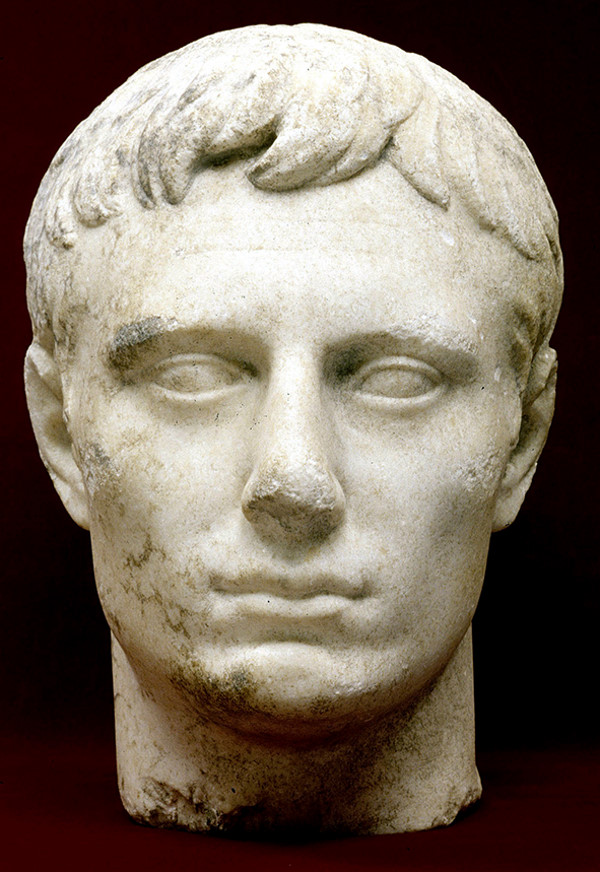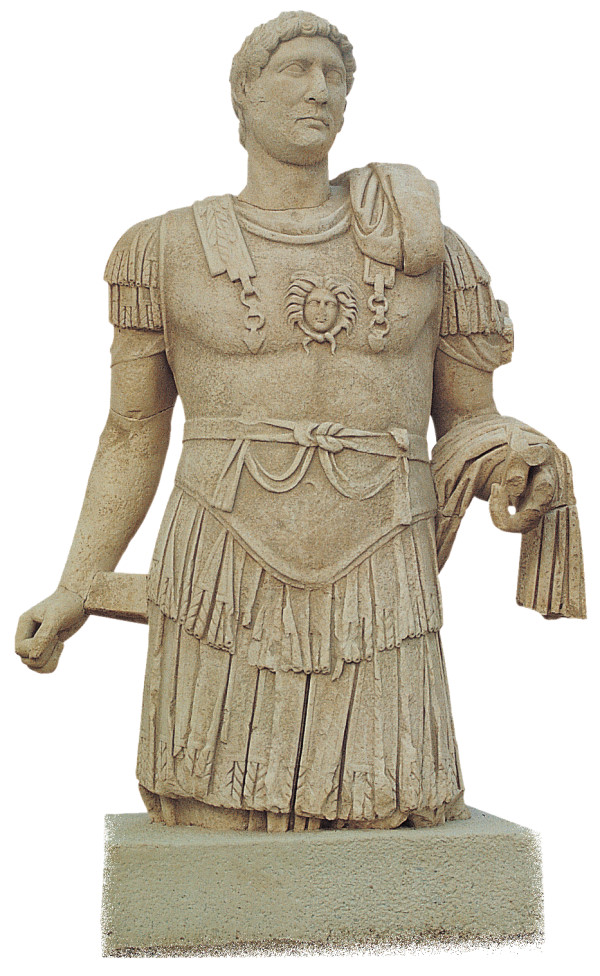

"As long as the sea moves back and forth between Rome and Ilion, the Roman Empire will last."
Emperor Augustus also supported his "ancestors' land" Troy/Ilion. With the help of the Aeneas epic that he asked his poet Virgil to write, Augustus moved this imaginary historical piece of fiction to reality and in some way legitimized this event.
Troy and Politics
- 71 Is the Trojan War the first war between the East and the West?
- 72 Since when was Troy accepted to be a sacred city?
- 73 With whom did the political visits to Troy start?
- 74 Why did Alexander the Great come to Troy?
- 75 Why did Romans use Troy for their political purposes?
- 76 When did the political and religious significance of Troy end?
- 77 What is the significance of Trojan mythology for the Greeks and the Romans?
- 78 What is the political significance of Trojan mythology in the Middle Ages?
- 79 What is the political significance of Trojan mythology for the European literary ideology?
- 80 How does Troy affect contemporary politics?